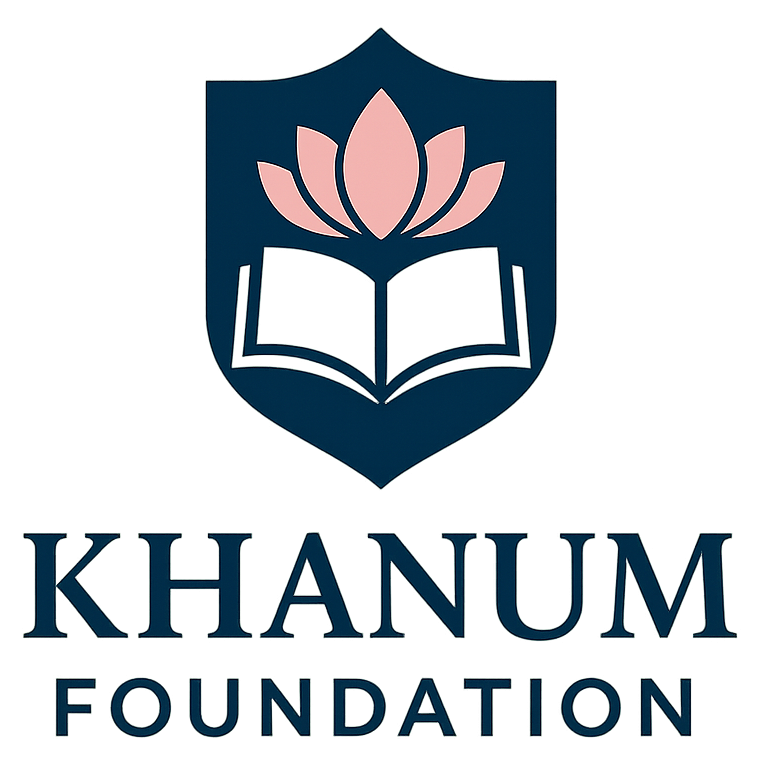Khanum Foundation is a female-only educational institution located in Tando Jan Muhammad,a small town in the interior of Sindh province.
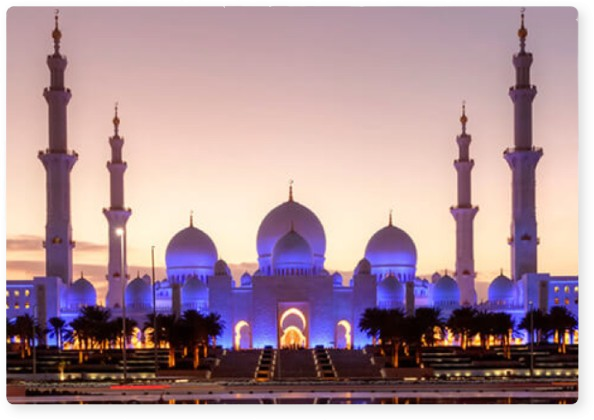
We believe that when faith and modern education come together, they create women who can lead with wisdom—within their families and in their communities. By nurturing both Islamic principles and practical skills, we prepare students to succeed in today’s world while staying firmly rooted in their values.
our purpose
About KHANUM FOUNDATION

Our Vision
Our Vision &
Mission

To form a generation of female role models,educated in Islamic knowledge,competant in modern disciplines,and skilled in practical trades,who live their faith with conviction and contribute positively to their families,workplaces, and the wider community.
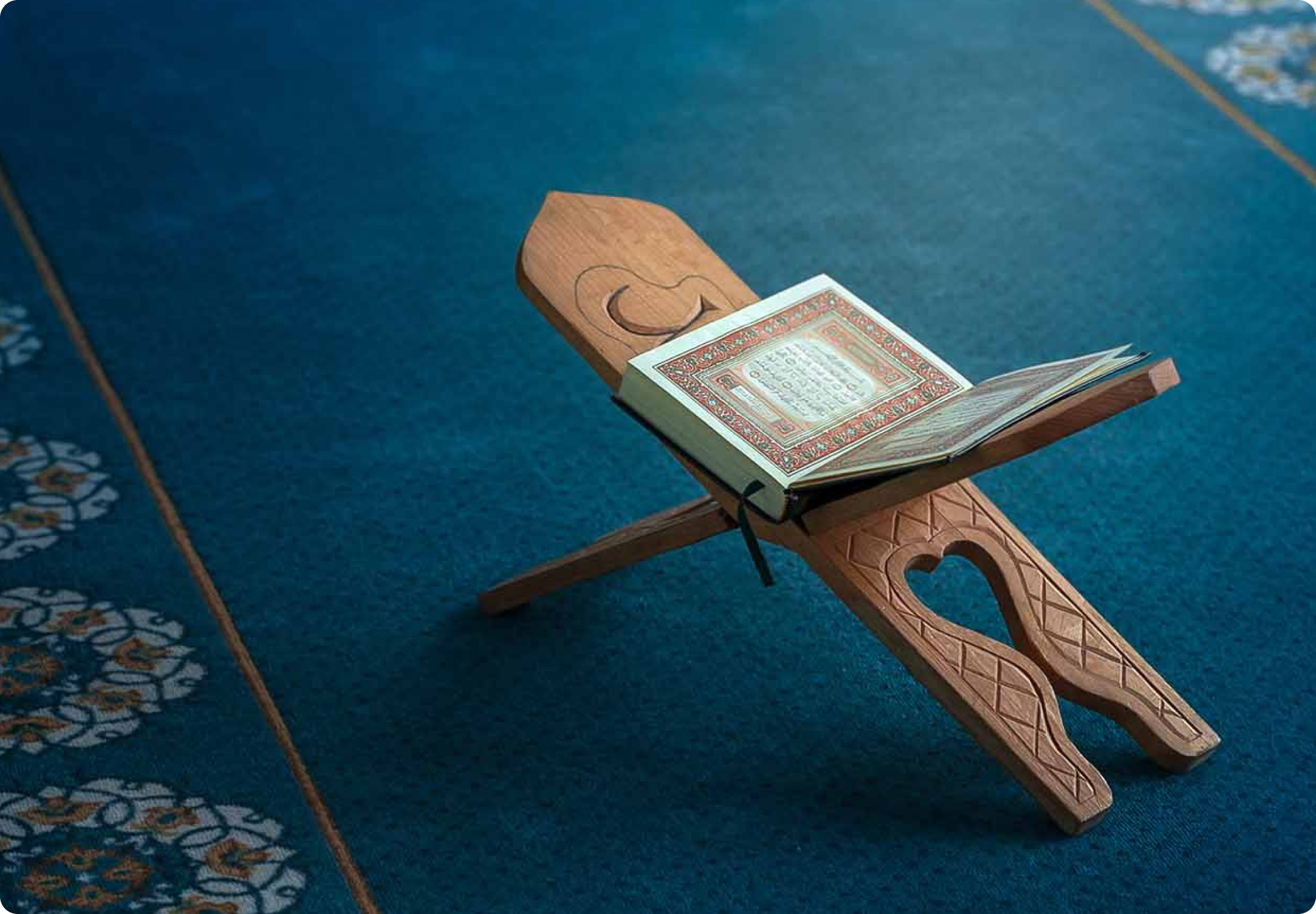
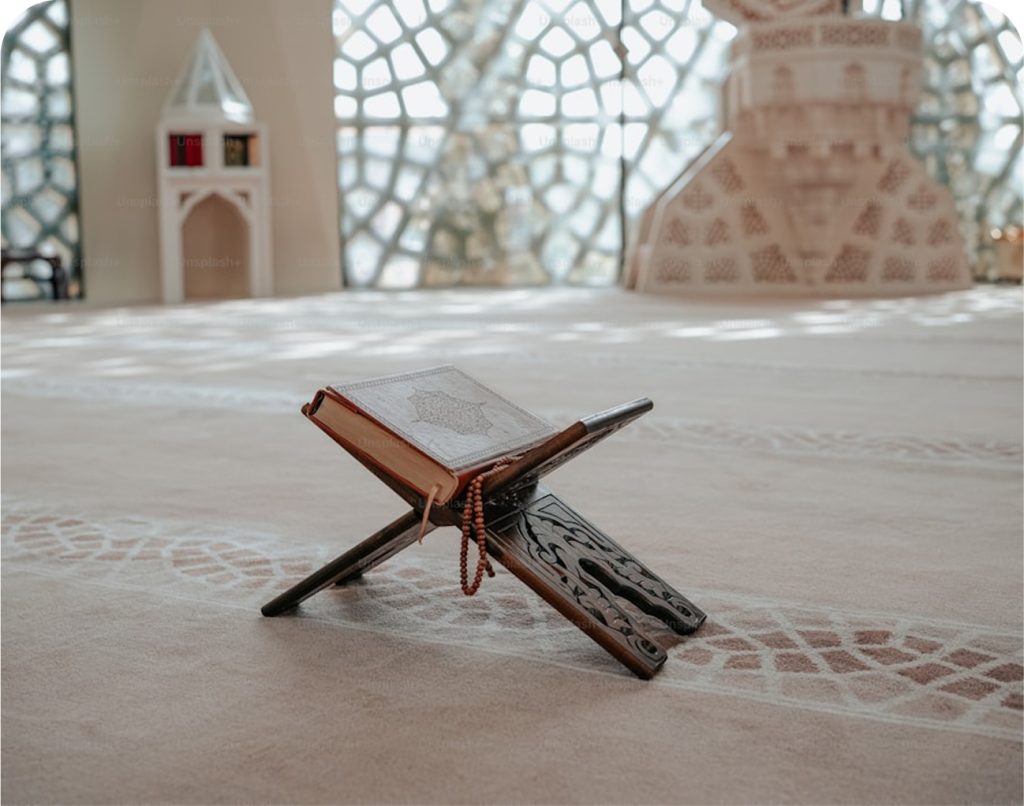
Islamic Education(heart)
Systematic study of the Qur’an, Tajwīd, Hadith, Seerah, Fiqh and moral development (akhlaq).

Contemporary Academic Education (mind)
Age-appropriate lessons in language, mathematics, sciences, and social studies to prepare students.
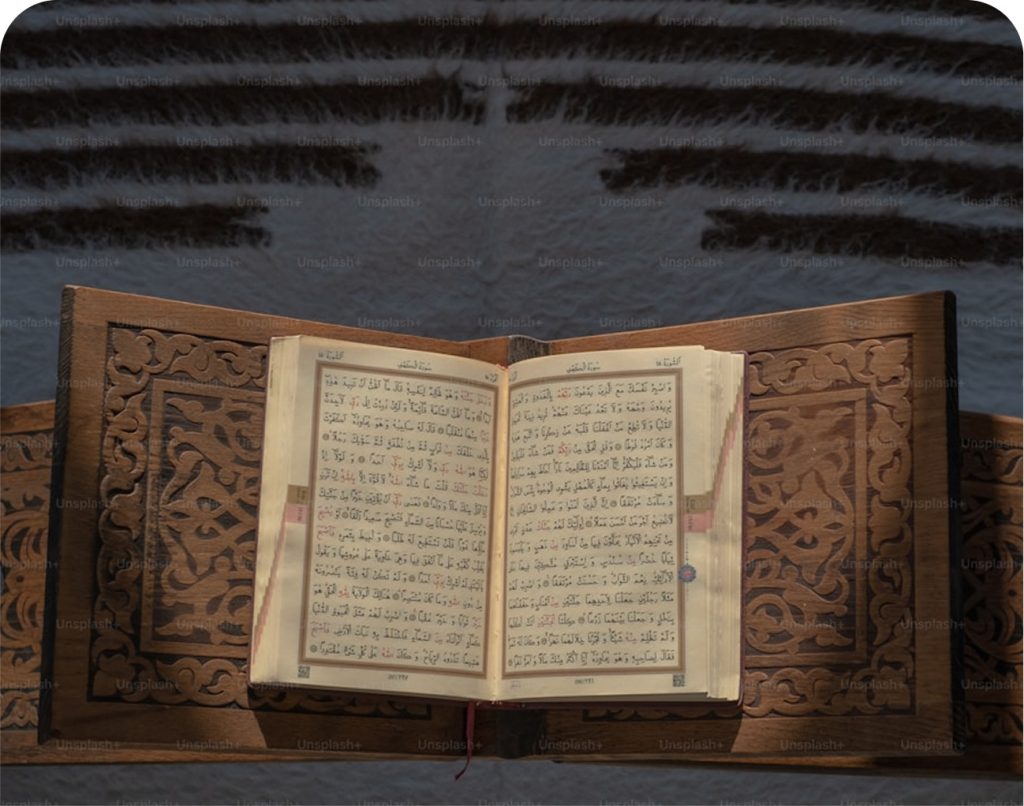
Practical & Vocational Skills (hands)
Training in useful trades and contemporary skills, such as basic computer literacy, entrepreneurship.
What We Offer
Our Services

We deliver a balanced,student centred curriculum that combines three interwoven strands.
We offer pathways that allows student to combine hifz and classical arabic study with general academic subjects,as well as short courses designed to built employability and micro-enterprise skills.
Approach
Our Approach

We deliver a balanced,student- centred curriculum that combines three interwoven strands.
01
Gender-safe learning environment:A female only campus where students feel secure,respected and free to participate.
02
Qualified,values-driven staff:Teachers who combine academic competance with commitment to nurturing moral character.
03
Active expermential learning:Classrooms,workshops and community projects that turn theory into practice.
04
We work closely with local families and leaders to ensure our programs respond to the needs of Tando Jan Muhammad and surrounding villages.
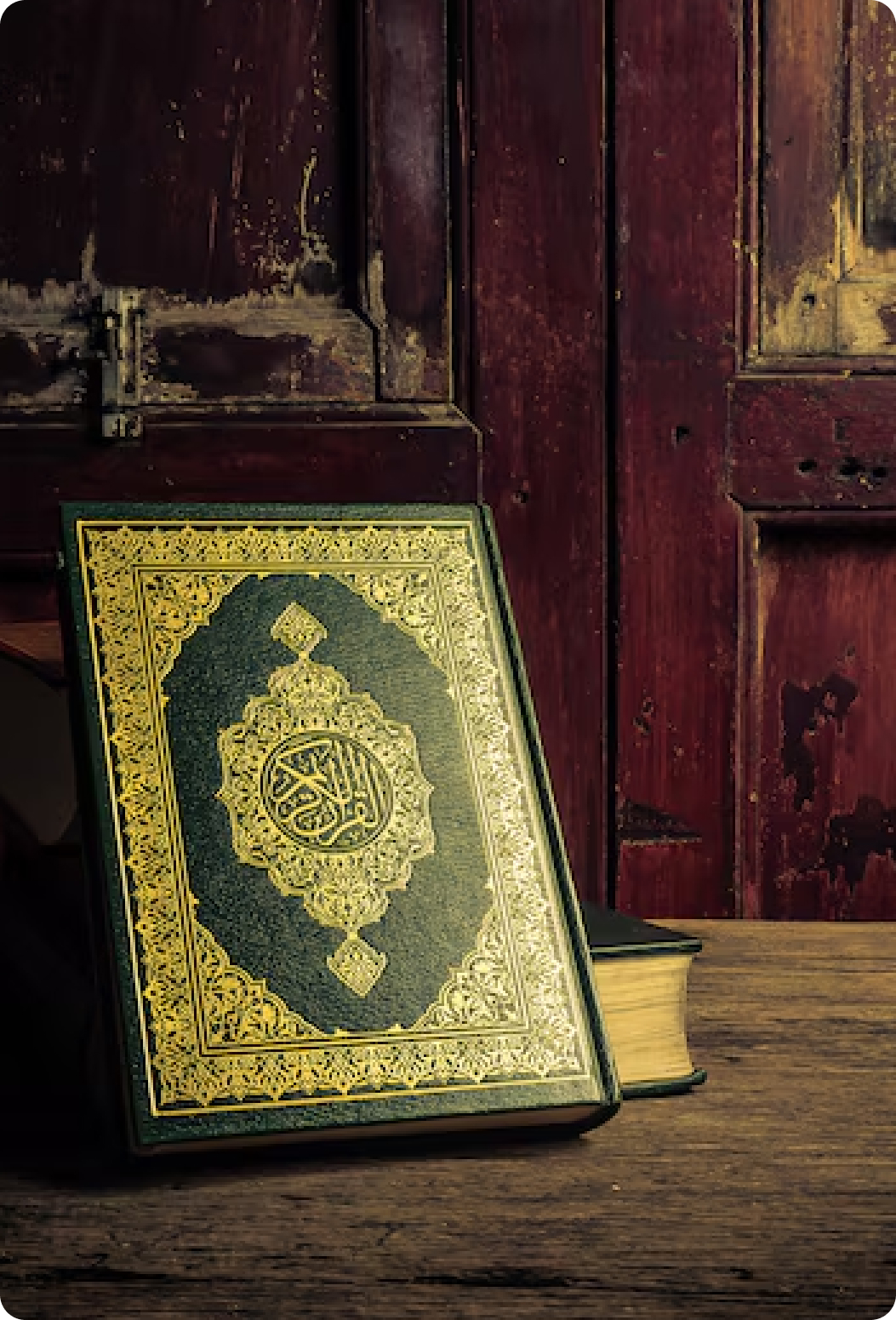

Impact
Impact & Community

By empowering girls with knowledge, practical skills and spiritual grounding, Khanum Foundation seeks to multiply benefits accross families and communities. A well educated women shapes the next generation, influences household choices and strenthens communal resilience, especially in towns like Tando Jan Muhammad, where access to integrated, quality education remains limited.
Impact
Imapact & Community









Impact
Impact & Community

